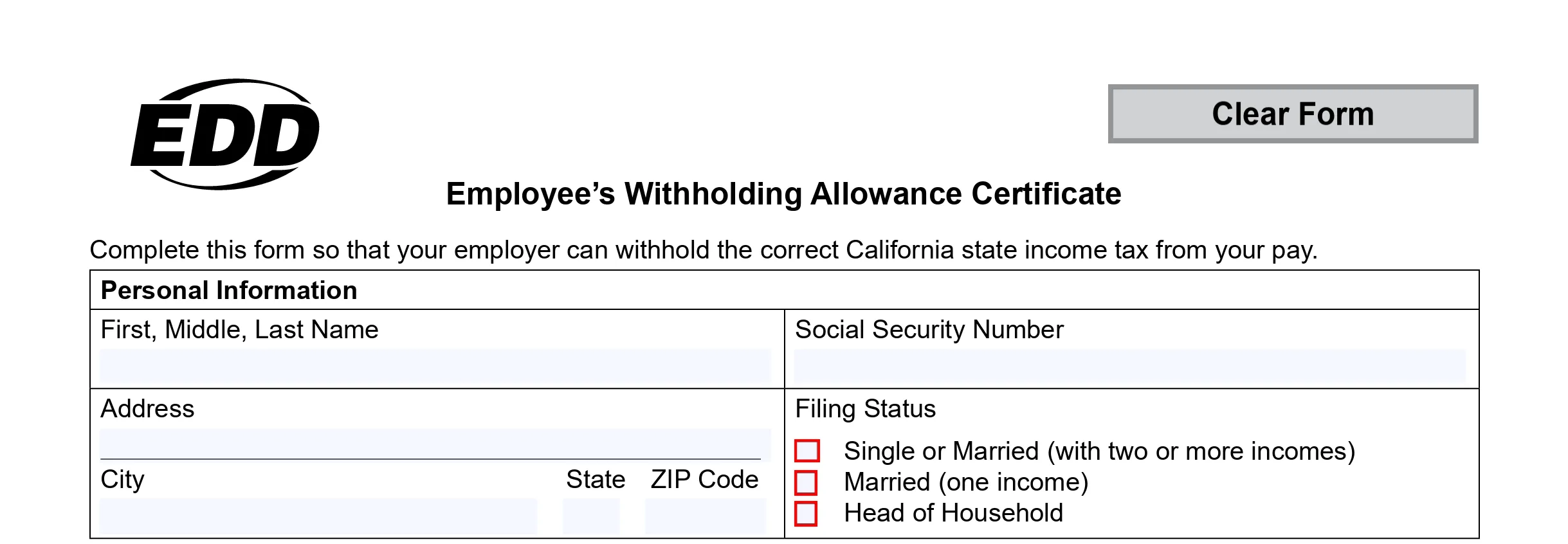The Pros and Cons of DIY vs. Professional Bookkeeping for Law Firms
As a law firm owner, managing your finances is essential to ensuring the smooth operation and growth of your practice. One of the critical decisions you’ll face is whether to handle bookkeeping yourself (DIY) or hire a professional bookkeeping service. Both options have their benefits and drawbacks. In this blog, we will explore the pros and cons of each, provide insights into how outsourcing can improve efficiency and accuracy, and show you why professional bookkeeping services can be the key to your firm’s financial health.

Pros and Cons of DIY Bookkeeping for Law Firms
Managing bookkeeping internally may seem like a good way to save money, especially if your firm is just starting out or operates with limited resources. However, there are several challenges associated with DIY bookkeeping that law firms should consider before making that decision.
Pros of DIY Bookkeeping
1. Cost Savings: The most obvious advantage of handling bookkeeping in-house is the potential cost savings. By doing it yourself, you eliminate the need to hire a professional accountant or bookkeeping service.
2. Direct Control: With DIY bookkeeping, you have full control over your financial records. You can quickly access your books, make immediate updates, and directly manage cash flow and expenses.
3. Better Understanding of Firm’s Financials: By doing the bookkeeping yourself, you gain a better understanding of your firm’s financial health. You become familiar with the numbers, trends, and where money is being spent.
Cons of DIY Bookkeeping
1. Time-Consuming: Law firm owners and staff members already have busy schedules. Spending time on bookkeeping can detract from time spent on client work, business development, and other core operations.
2. Risk of Errors: Without the expertise of a professional, errors are more likely to occur. Simple mistakes in tracking expenses, client billings, or tax calculations can lead to bigger issues down the road.
3. Compliance and Legal Considerations: Law firms must adhere to specific regulations regarding client trust accounts (IOLTA), expense tracking, and tax filings. DIY bookkeeping may not ensure full compliance with these complex legal requirements.
4. Lack of Scalability: As your firm grows, your bookkeeping needs become more complex. DIY bookkeeping might not scale well as your firm expands, leading to more potential errors and confusion.
How Professional Bookkeeping Improves Financial Accuracy and Saves Time
Hiring a professional bookkeeping service can have a profound impact on your law firm’s financial health. While it may come with a cost, the value it brings in terms of accuracy, time saved, and peace of mind far outweighs the initial investment.

Benefits of Professional Bookkeeping
1. Accurate Financial Records: Professional bookkeepers have the knowledge and expertise to keep your financial records accurate, organized, and up-to-date. They understand the nuances of law firm finances and can help avoid costly mistakes.
2. Increased Efficiency: Outsourcing bookkeeping allows you to focus on growing your firm, serving clients, and other business-critical activities. A professional can streamline financial processes, ensuring that they are done quickly and efficiently.
3. Compliance Assurance: Professional bookkeeping services are familiar with legal industry standards, including handling client trust accounts and ensuring compliance with IOLTA regulations. This reduces the risk of mistakes and audits.
4. Financial Insights and Reporting: With a professional bookkeeper, you can get regular financial reports that provide insights into your firm’s performance. This can help you make informed decisions, track expenses, and plan for future growth.
5. Tax Preparation Made Easy: A professional bookkeeper ensures your financial records are prepared for tax season, minimizing the time and stress spent on tax preparation. They can help you maximize deductions and ensure accurate filings.
Legal-Specific Considerations That Need Professional Attention
Law firms face unique financial challenges that make professional bookkeeping even more essential. Here are some key legal-specific factors that a professional bookkeeper will address:
• Client Trust Accounts (IOLTA): Maintaining accurate records of client trust accounts is mandatory to ensure compliance with IOLTA regulations. Professionals understand how to handle these funds properly and can help avoid legal and ethical pitfalls.
• Confidentiality: Law firms deal with highly confidential client information. A professional bookkeeper understands the importance of maintaining confidentiality and adhering to privacy laws.
• Tax Compliance: Lawyers and law firms have specific tax obligations, from filing taxes on business income to complying with state and federal regulations on trust accounts. A professional bookkeeper ensures your firm meets all these requirements.
Real-Life Case Examples of Firms That Benefited from Outsourcing
Case Study 1: Small Law Firm in Need of Help with Growing Financial Complexity
A small law firm initially handled their own bookkeeping. As the firm grew and took on more clients, their financial records became increasingly complex. They struggled to manage client trust accounts, track billable hours accurately, and ensure tax compliance. After outsourcing bookkeeping to a professional service, they saved time, avoided mistakes, and passed an IRS audit with flying colors. They also gained better financial insights, allowing them to scale their operations more efficiently.
Case Study 2: Established Law Firm With Overwhelming Client Trust Accounts
An established law firm faced challenges with their client trust accounts. They weren’t always compliant with IOLTA regulations, and they struggled to keep accurate records. After hiring a professional bookkeeping service, the firm ensured all client trust accounts were properly managed, reducing the risk of fines and legal issues. The professional bookkeeping service also helped them streamline their accounts receivable and payables, improving overall cash flow.
Conclusion
Deciding between DIY bookkeeping and hiring a professional bookkeeping service is a critical decision for law firms. While DIY may seem cost-effective, the risks associated with errors, compliance issues, and the time investment required can outweigh the benefits. Professional bookkeeping services provide accuracy, efficiency, and peace of mind, allowing you to focus on your clients and grow your practice.
Whether you are a small solo practitioner or an established law firm, investing in professional bookkeeping services can be a game-changer for your firm’s financial health and success.
Disclaimer: This blog is for informational purposes only and should not be considered tax advice. Consult with a qualified tax professional or advisor for personalized guidance based on your specific situation.
Reach out to us today at [email protected], and let's work together to optimize your tax situation and financial well-being. Your journey towards a more tax-efficient future starts here.



